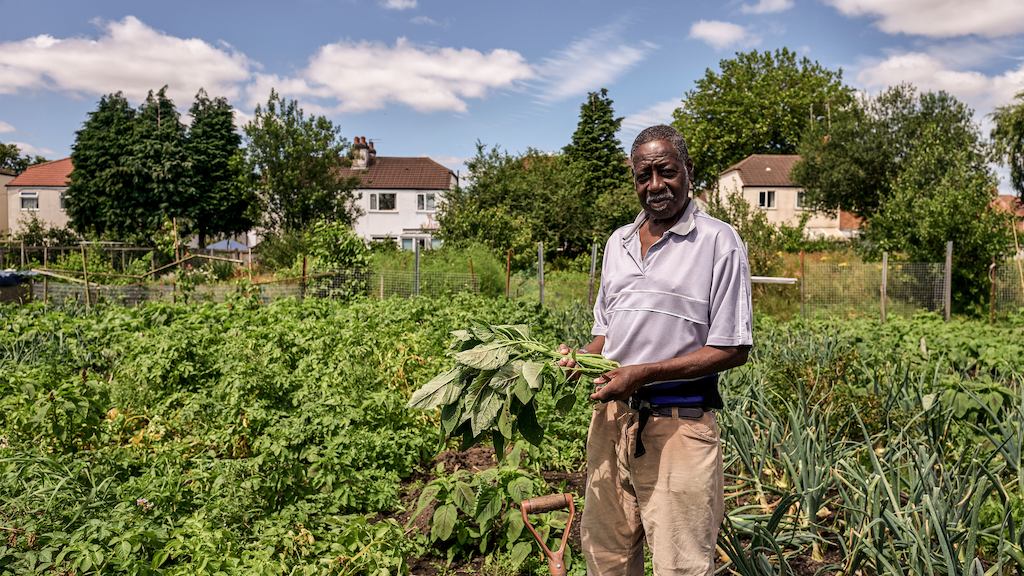The Centre for Ageing Better has commissioned Office for Public Management (OPM) to help understand more about barriers, enablers and opportunities for volunteering by disadvantaged people in later life. Working with communities across four urban and rural locations in Bristol, Leeds and North Yorkshire, this research will explore how poverty, place, ethnicity and health impact on voluntary activity in later life. The community-led research will focus on practical steps for local public and voluntary sector organisations to better support what people are already doing, as well as lessons that can be applied more widely.
Emily Georghiou, Senior Programme Manager for the Centre for Ageing Better said:
“We know that most people in later life already make valuable contributions to their communities, and gain significant benefits for themselves as a result. However, we are concerned that poorer people, those living with long term conditions and ethnic minorities may not enjoy the same benefits. We want to understand why the poorest people in later life are more than three times less likely to volunteer, why those from ethnic minorities are so underrepresented within mainstream volunteering and how, as more of us live with long term conditions, we can continue to contribute for as long as possible”.
Dr Zoe Khor, Principal in Research, OPM Group said:
“OPM are delighted to be working with the Centre for Ageing Better and their partners to explore these important questions about the barriers and enablers to community contributions in later life. Our approach is participatory, working with community-based researchers at neighbourhood level to identify detailed local insights. We are looking forward to engaging with local stakeholders in Bristol, Leeds and North Yorkshire throughout the research to make sure insights and recommendations are relevant and actionable for the individuals and organisations involved in funding and delivering activity to support volunteering and community contributions in later life”.
The research will begin in Summer 2017 and findings from the study are due to be published in 2018.

